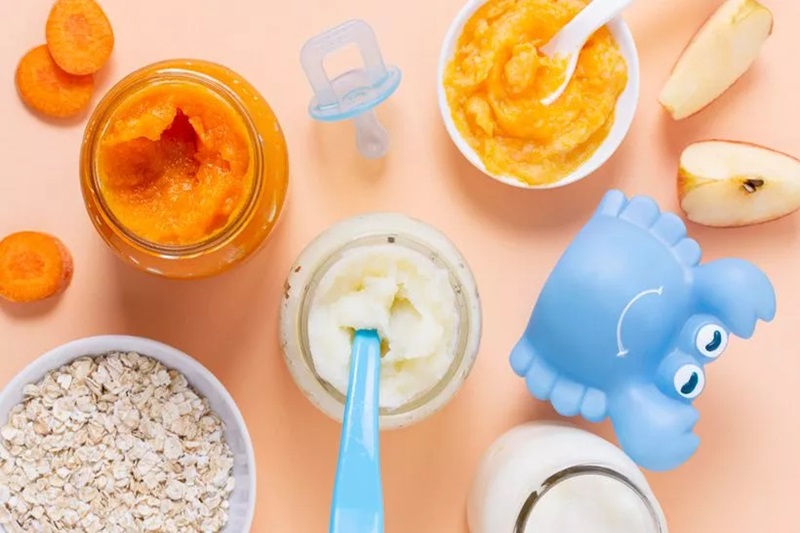According to the International Trade Centre, the local production of infant foods in Africa is no less than an underexploited opportunity. The continent imports an estimated $607 million of baby food a year, with the figure expected to cross $1.17 billion by 2026.
Africans heftily rely on infant food imports despite an abundance of locally available food sources. Limited production capacity and low consumer trust in local brands is hindering the sector’s growth. But a few African entrepreneurs are cashing in on the booming market.
4 West African Entrepreneurs Managing Baby Food Businesses
Siny Samba, Senegal
Samba, co-founder and CEO of Le Lionceau, launched the baby food brand in 2018 with a fellow graduate from agricultural engineering school. Today, the company offers several varieties of organic baby purees, compotes, biscuits and cereals.
Vera Osei-Bonsu, Ghana
When Osei-Bonsu had her first child, she noticed most baby foods in stores were imported and didn’t have the healthy local ingredients she wanted. Today, Start Right Nutrition and Eat Smart Foods, her two brands, specialise in locally-sourced, nutritious baby food.
Keep Reading
Adepeju Jaiyeoba, Nigeria
Affordable and nutritional baby food isn’t abundant in Nigeria. In 2020, Jaiyeoba, founder of Colourful Giggles, decided to work on a company that would use local ingredients as the basis for baby food that could compete with international brands.
Pascaline Nenda, Cameroon
The founder of Lemana believes African baby food makers have an edge over foreign labels because they understand local eating habits and their products tend to be less expensive. But “we must encourage banks to finance companies with potential,” Nenda says.

